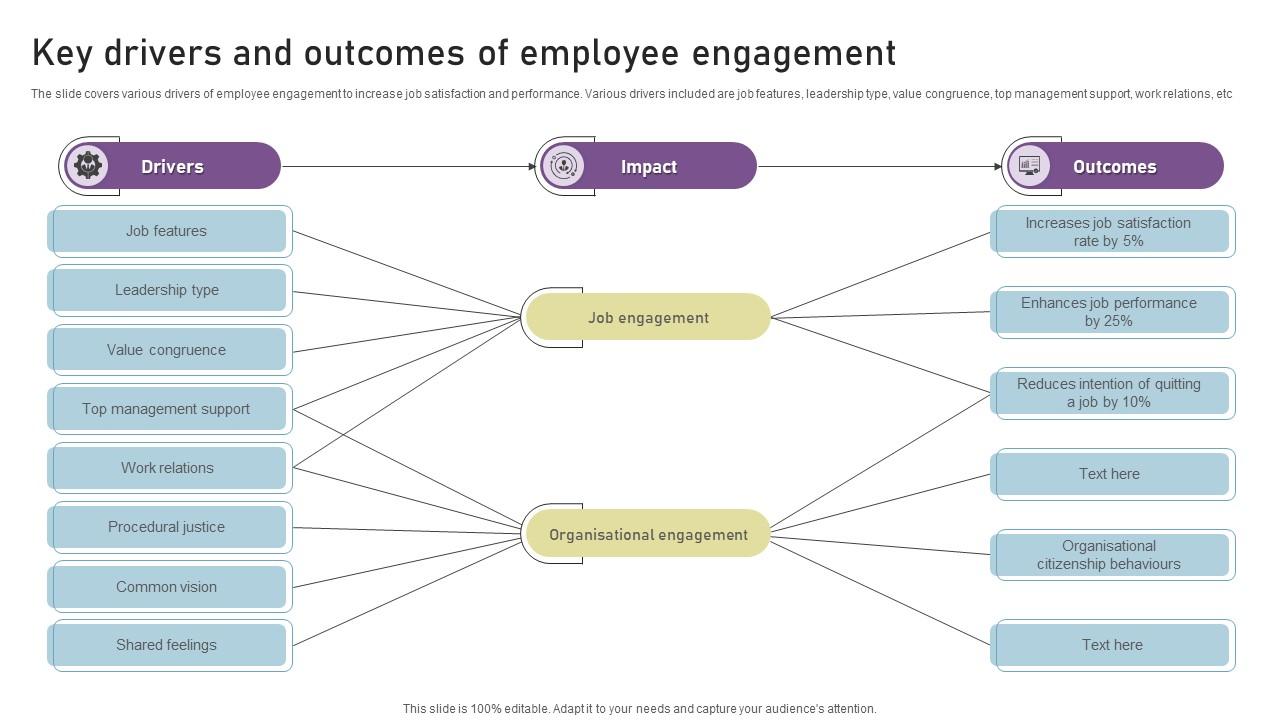Families Furious After NHS Staff Accessed A&E Records Of Stabbing Victims In Nottingham

Table of Contents
<p>The recent Nottingham stabbings have sparked outrage after it emerged that NHS staff inappropriately accessed the Accident & Emergency (A&E) records of the victims. This serious breach of patient confidentiality, a violation of data security protocols, has left families furious and questioning the security of their sensitive medical information within the NHS. This article will examine the details of the data breach, the implications for patient trust, and what steps need to be taken to prevent similar incidents in the future. The keywords used in this article are: Nottingham stabbing, NHS data breach, A&E records, patient confidentiality, data security, privacy violation, families' anger, healthcare data, information governance.</p>
<h2>Details of the Data Breach</h2>
<h3>Number of Records Accessed</h3>
While the exact number of accessed A&E records remains undisclosed for patient privacy reasons, a significant number of files pertaining to the Nottingham stabbing victims were viewed without authorization. This highlights a systemic issue within data access protocols.
<h3>Staff Involved</h3>
The investigation has revealed that multiple NHS staff members, including nurses, administrative personnel, and potentially some doctors, accessed the victims' records inappropriately. The exact number is still under investigation, but the scale of the breach suggests a concerning lack of adherence to data protection policies. Disciplinary actions are pending for those implicated, with the possibility of suspensions or even dismissal depending on the findings of the ongoing investigation.
<h3>Motivation for Accessing Records</h3>
The motivation behind the inappropriate access remains unclear, but several factors may have contributed:
- Lack of training: Inadequate training on data protection and information governance could lead to staff inadvertently accessing sensitive information.
- Poor security protocols: Weak password policies, insufficient access controls, and a lack of robust monitoring systems could have facilitated unauthorized access.
- Insufficient oversight: A lack of adequate supervision and monitoring of staff activity could have allowed the breach to occur undetected for a period of time.
- Curiosity: In some cases, the access may have been driven by simple curiosity, highlighting the need for stronger ethical guidelines.
<h3>Type of Information Accessed</h3>
The nature of the information accessed is a key concern. While the NHS is yet to release specific details, it's likely that the accessed information included sensitive details such as the victims' injuries, treatment received, and possibly even personal identifiers. This emphasizes the severity of this healthcare data breach and the potential impact on the victims and their families.
<h2>Public and Family Reaction</h2>
<h3>Expressions of Anger and Betrayal</h3>
Families of the victims have expressed profound anger and a sense of betrayal. One family member stated, "It's utterly appalling. We are already grieving the loss of our loved ones, and this adds another layer of unimaginable distress. How can we trust the NHS with our most sensitive information after this?" This sentiment echoes the widespread feeling of violation and mistrust.
<h3>Calls for Accountability</h3>
The public outcry has resulted in demands for a full and transparent investigation, swift disciplinary action against those responsible, and significant improvements to data security. Online petitions have garnered significant support, and calls for a public inquiry are gaining momentum.
<h3>Erosion of Public Trust in the NHS</h3>
This data breach has undoubtedly eroded public trust in the NHS's ability to protect patient data. The incident raises serious concerns about the security of all healthcare information and may lead to patients being hesitant to share sensitive details in the future, potentially impacting the quality of care.
<h2>NHS Response and Investigation</h2>
<h3>Official Statements and Apologies</h3>
The NHS Trust involved has issued an official statement acknowledging the data breach, expressing profound apologies to the victims' families, and committing to a thorough internal investigation.
<h3>Internal Investigation and Findings</h3>
An internal investigation is underway, focusing on identifying the individuals responsible, understanding the circumstances leading to the breach, and assessing the extent of the compromised data. Findings will be shared with the affected families and relevant authorities.
<h3>External Review and Recommendations</h3>
Given the gravity of the situation, an independent external review is likely to be commissioned to provide impartial recommendations for preventing future occurrences. This review will examine the NHS's information governance practices, identify systemic weaknesses, and suggest practical solutions.
<h2>Preventing Future Data Breaches</h2>
<h3>Enhanced Security Measures</h3>
To prevent future data breaches, the NHS needs to implement several key changes:
- Strengthening access controls: Implement stricter access controls, utilizing multi-factor authentication and role-based access to limit access to sensitive data based on job responsibilities.
- Implementing robust data encryption: Encrypting all sensitive data at rest and in transit will significantly enhance security, making it much more difficult for unauthorized individuals to access information.
- Improving staff training on data protection: Regular and comprehensive training on data protection policies, information governance, and ethical considerations is essential.
<h3>Improved Information Governance</h3>
Stronger information governance frameworks are needed:
- Regular audits: Regular data security audits and penetration testing should be conducted to identify vulnerabilities and ensure compliance with data protection regulations.
- Enhanced monitoring systems: Implement robust monitoring systems to detect unusual activity and potential breaches in real-time.
- Increased accountability: Clear lines of accountability must be established, with individuals held responsible for data protection within their areas of responsibility.
<h3>Strengthening Patient Consent and Control</h3>
Patients must have greater control over their data:
- Improved transparency: Patients should have clear and easy-to-understand information about how their data is used and shared.
- Enhanced consent mechanisms: Develop more robust consent processes, ensuring patients are fully informed and have control over the access and use of their data.
<h2>Conclusion</h2>
The inappropriate access of A&E records of Nottingham stabbing victims by NHS staff represents a grave breach of trust and a significant failure in data security. Families are rightly furious, and this incident underscores the urgent need for substantial improvements in information governance across the NHS. To prevent future data breaches like the Nottingham stabbing data incident, enhanced security measures, improved staff training, and a stronger emphasis on patient consent are crucial. We must demand accountability and transparency to rebuild public trust. Only through collective action can we ensure that such violations of patient confidentiality are never repeated. Demand better data protection within the NHS – make your voice heard.

Featured Posts
-
 The Impact Of Trumps Policies On Transgender Rights
May 10, 2025
The Impact Of Trumps Policies On Transgender Rights
May 10, 2025 -
 Pam Bondis Claims Documents On Epstein Diddy Jfk And Mlk To Be Released
May 10, 2025
Pam Bondis Claims Documents On Epstein Diddy Jfk And Mlk To Be Released
May 10, 2025 -
 Draisaitls Hart Trophy Finalist Status Highlights Exceptional Edmonton Oilers Season
May 10, 2025
Draisaitls Hart Trophy Finalist Status Highlights Exceptional Edmonton Oilers Season
May 10, 2025 -
 Investing In Middle Management A Strategy For Enhanced Employee Engagement And Business Outcomes
May 10, 2025
Investing In Middle Management A Strategy For Enhanced Employee Engagement And Business Outcomes
May 10, 2025 -
 Wave Of Car Break Ins Hits Elizabeth City Apartment Complexes
May 10, 2025
Wave Of Car Break Ins Hits Elizabeth City Apartment Complexes
May 10, 2025
